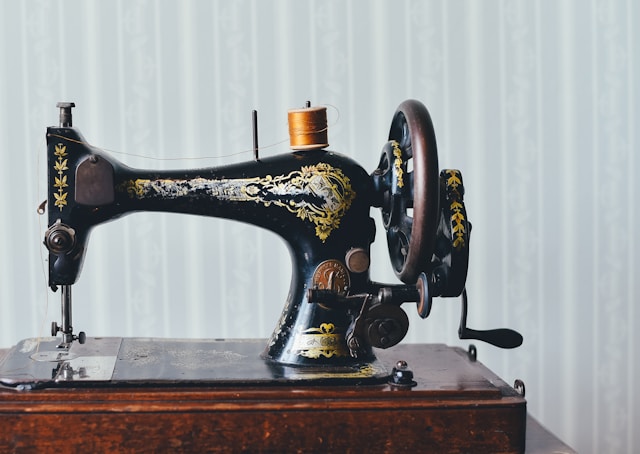Is Selling Your Antiques a Good Way to Make Some Extra Money?

In today’s unpredictable economy, people are continuously searching for alternative ways to supplement their income. Selling antiques, whether they are family heirlooms or personal collectibles, has become an appealing option. This approach involves capitalizing on the sentimentality and rarity of such items, but it raises the question: is selling your antiques actually a viable way to generate extra income?
Understanding the Nature of Antiques
Antiques are unique in that their worth is often tied to their historical significance and unique characteristics. If you want to sell antique items you will need to spend some time getting to grips with them.
Advantages of Selling Antiques
Unique Value: Antiques can provide substantial returns due to their uniqueness and the stories they carry. This historical and cultural relevance can often translate into significant interest from those who appreciate such items.
Personal Satisfaction: There is a sense of satisfaction in finding a new home for your antiques, where they will continue to be appreciated and cherished. This can make the process rewarding beyond just the financial aspect.
Challenges in Selling Antiques
Emotional Considerations: The process can be emotionally challenging as it often involves parting with items that may have been in your family for generations or which hold personal memories, such as your grandmother’s sterling silver necklace, or your mother’s dolls.
Time Investment: The effort required to identify which antiques might be suitable for sale can be considerable. Deciding which pieces to part with involves a deep understanding of their personal and historical significance.
Knowledge and Experience: Gaining an understanding of what makes an antique desirable requires a certain level of knowledge and experience. This can be developed over time through engagement with antique items and their histories.
Preserving History While Funding the Future
Another important aspect to consider when selling antiques is the role you play in preserving history. Each antique item has a story that has weathered the test of time—whether it’s a piece of furniture that stood in a grand hall, a vase from a distant land, or a book that passed through many hands. By selling these items, you are not merely transferring ownership but also passing on a piece of history. This can be particularly rewarding for those who value the preservation of culture and history.
Moreover, the proceeds from selling antiques can be used to fund future endeavors, be it personal projects, further investments, or creating new memories with family and friends. This not only helps in achieving financial goals but also allows for the personal satisfaction of using historically significant items to fund your future. It’s a way of connecting the past with the future, using items that carry inherent value and stories to secure and enhance your life’s journey.
Conclusion
Selling your antiques can indeed be a good way to make some extra money if approached thoughtfully. It’s not just about the financial gain but also about ensuring that these cherished items find a new home where they will continue to be valued. While there are challenges, including emotional attachments and the time needed to properly engage with the process, the rewards can be significant. These rewards are not just financial but also include the satisfaction of knowing your antiques are appreciated anew. Thus, the decision to sell should be made carefully, weighing both the monetary benefits and the emotional significance of each item.